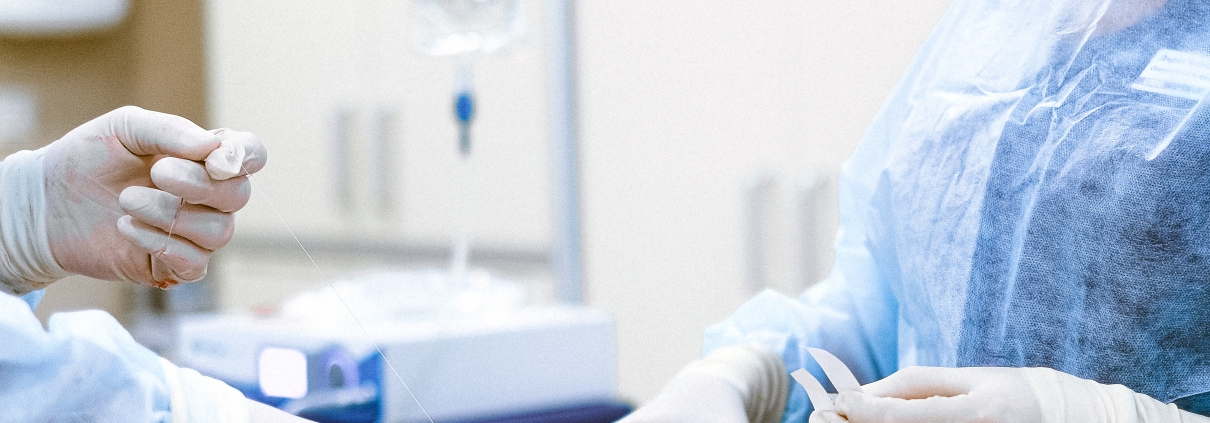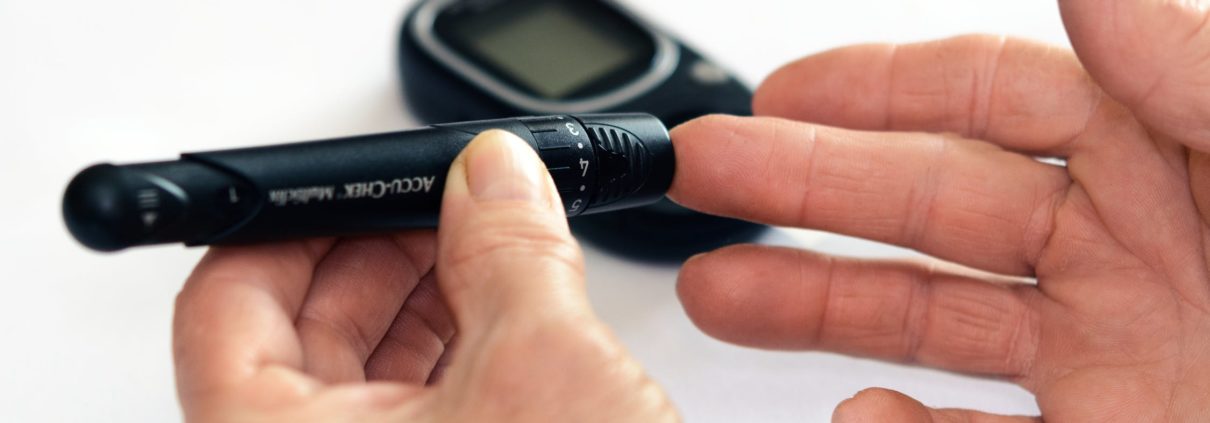I, among many Americans, especially medical professionals, read the article, published in JAMA (Journal of American Medical Association). It showed that 88 % of coronavirus patients in NYC from March to April of 2020, who were placed on the ventilators, didn’t make it. Data also indicated that average age was 63, 57% had HYPERTENSION, 41% were OBESE, 34% had DIABETES! The message here is very clear, at least my message to our current and prospective future patients: Please, don’t wait any longer to get the surgery done! You waited long enough, especially those of you who had to do insurance-required medically supervised weight loss program for 3-6 months, before being approved. Our society, as a whole, has a very high prevalence of these comorbid conditions, listed above, therefore we are ALL at risk of higher mortality, especially knowing that the virus is coming back next year, before the vaccination is available.
How can we at Advanced Laparoscopic Surgeons of Morris help you to be Safe and get your life back? Please know that bariatric surgery, such as vertical sleeve gastrectomy, gastric bypass, can cure or improve Hypertension in 60-70% of patients, bring BMI (Body Mass Index) down to Normal numbers in at least 50-80% of patients, and cure or improve Diabetes in 50-75% of patients. It is the best “diet tool” you can reward yourself with.
We are open for business during the Covid19 epidemic, running Virtual Telemedicine visits, support groups and looking forward to helping patients to get their lives back.
Please call us 973-410-9700, or email us at info@alsnj.com.
Alexander Abkin, MD, FACS, FASMBS.
To read the full article, click here to download.












